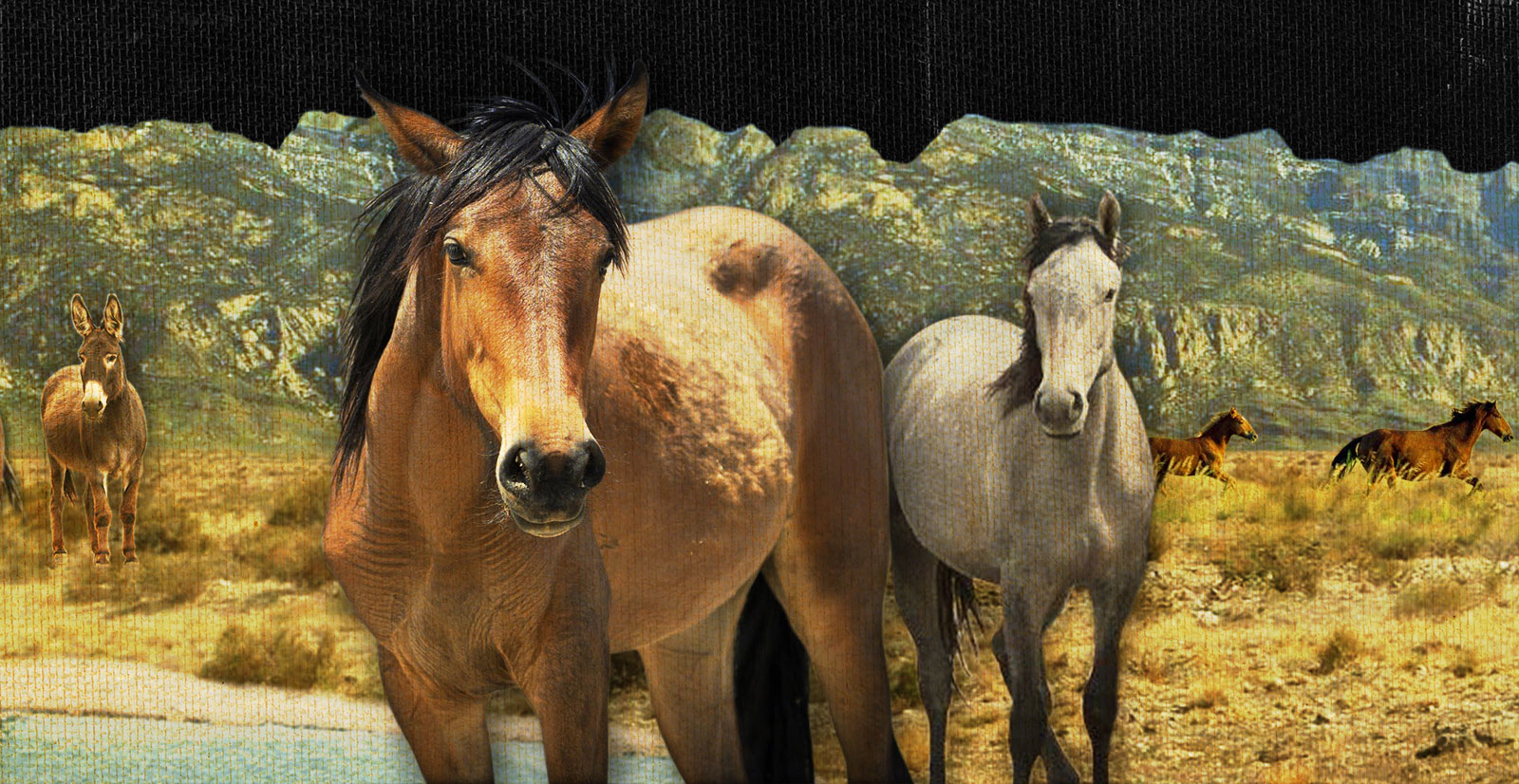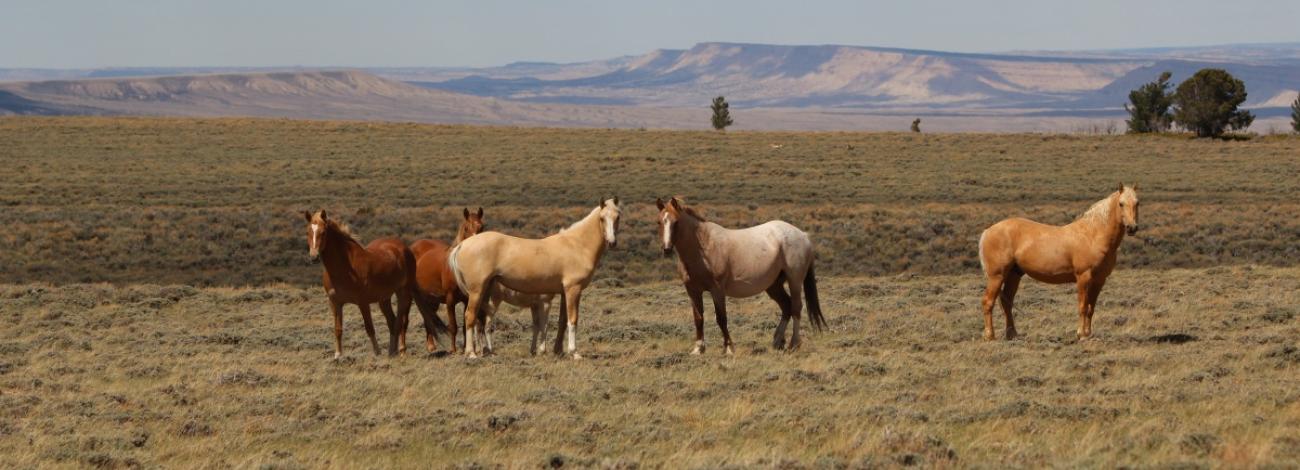Mustangs vs. Domestic Horses: Behavioral Differences

Understanding the behavioral differences between mustangs and domestic horses is essential for equine enthusiasts, trainers, and anyone interested in horse behavior. This article explores these differences in depth, highlighting how environment, genetics, and human interaction shape their distinct behaviors.
Introduction

Mustangs are free-roaming horses of the American West, descended from once-domesticated horses that adapted to wild conditions. Domestic horses, on the other hand, have been selectively bred and trained for various human purposes. These differing backgrounds influence their behavior significantly.
Behavioral Traits Comparison
| Behavior Aspect | Mustangs | Domestic Horses |
|---|---|---|
| Social Structure | Live in small, stable bands with strong hierarchies | Often kept in controlled groups or individually |
| Flight Response | Highly alert and quick to flee from threats | Generally more accustomed to human presence, less reactive |
| Foraging Behavior | Skilled at finding sparse food sources in harsh environments | Fed regularly, less need to forage extensively |
| Human Interaction | Wary and less trusting of humans due to limited contact | More trusting and responsive to humans due to training |
| Territoriality | Defend home ranges against other bands | Usually less territorial due to managed environments |
Key Behavioral Differences Explained
Social Structure
Mustangs form tight-knit bands led by a dominant mare, with stallions protecting the group. This social cohesion is vital for survival in the wild. Domestic horses may not exhibit such strong bonds, especially if housed individually or in artificial groupings.
Flight Response
Mustangs have a heightened flight instinct, a survival mechanism against predators. Domestic horses, accustomed to human presence, often show reduced flightiness but can still react strongly to sudden stimuli.
Foraging and Diet
Mustangs are adept at grazing on sparse vegetation and can travel long distances to find food and water. Domestic horses rely on humans for regular feeding, which affects their natural foraging behaviors.
Human Interaction
Due to limited and often cautious contact with humans, mustangs tend to be more wary and require patient, gentle handling to build trust. Domestic horses are generally more approachable and responsive to training.
Territorial Behavior
Mustangs defend their home ranges from other bands to secure resources, while domestic horses usually live in environments where territory is less relevant.
FAQs
Q1: Can mustangs be trained like domestic horses?
A: Yes, mustangs can be trained, but it often requires more time and patience due to their wild instincts and wariness.
Q2: Are mustangs more aggressive than domestic horses?
A: Not necessarily aggressive, but mustangs can be more defensive and cautious, especially when threatened.
Q3: How do mustangs communicate compared to domestic horses?
A: Both use body language and vocalizations, but mustangs rely heavily on subtle cues to maintain group cohesion in the wild.
Conclusion
The behavioral differences between mustangs and domestic horses stem from their distinct lifestyles and histories. Recognizing these differences helps in better management, training, and appreciation of these remarkable animals.
This article structure uses tables, lists, and FAQs to create an engaging, informative, and SEO-friendly piece that thoroughly covers the topic within the desired character range.
